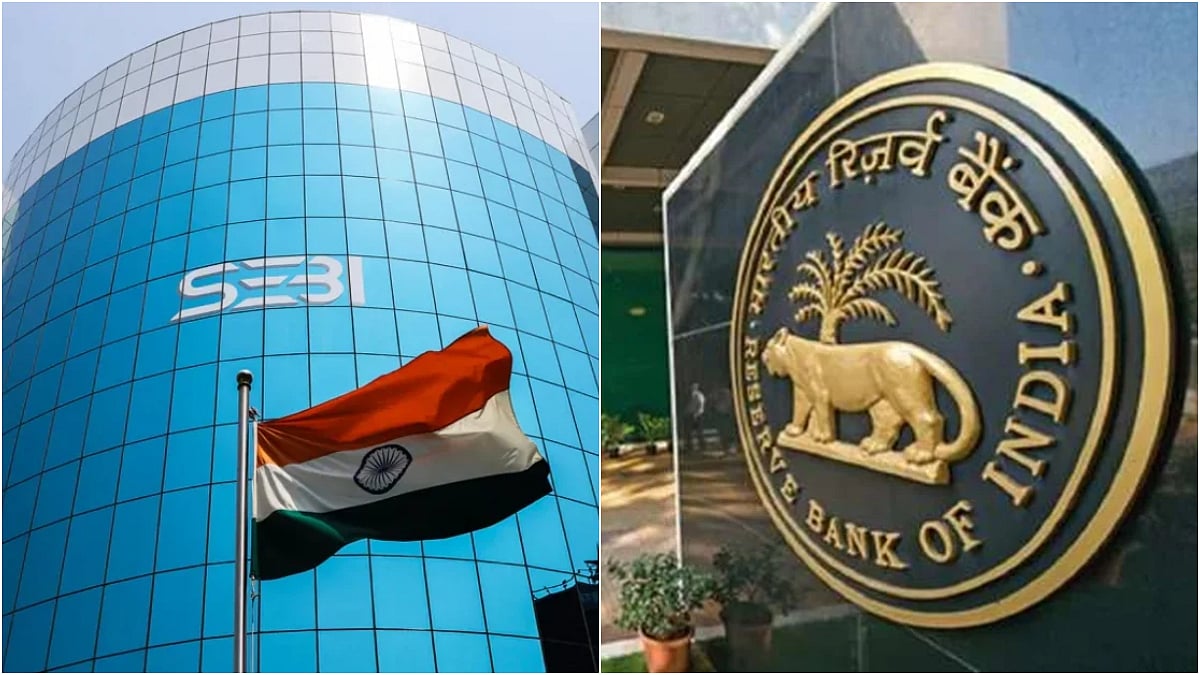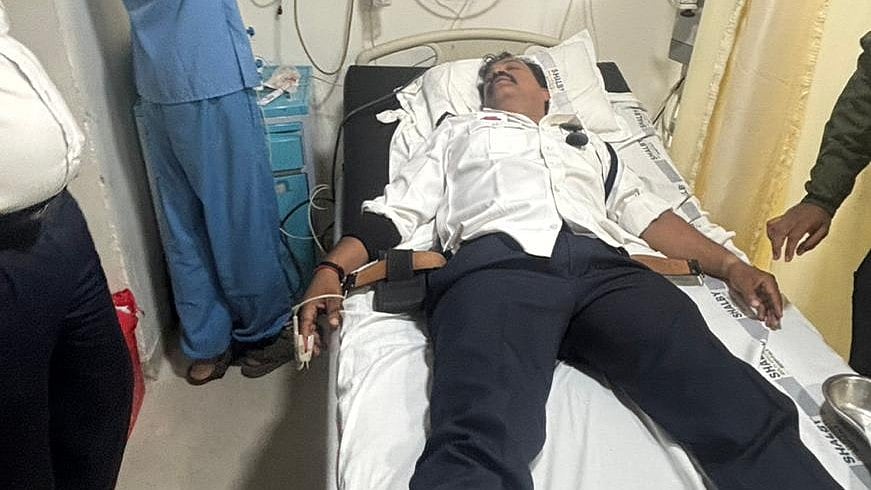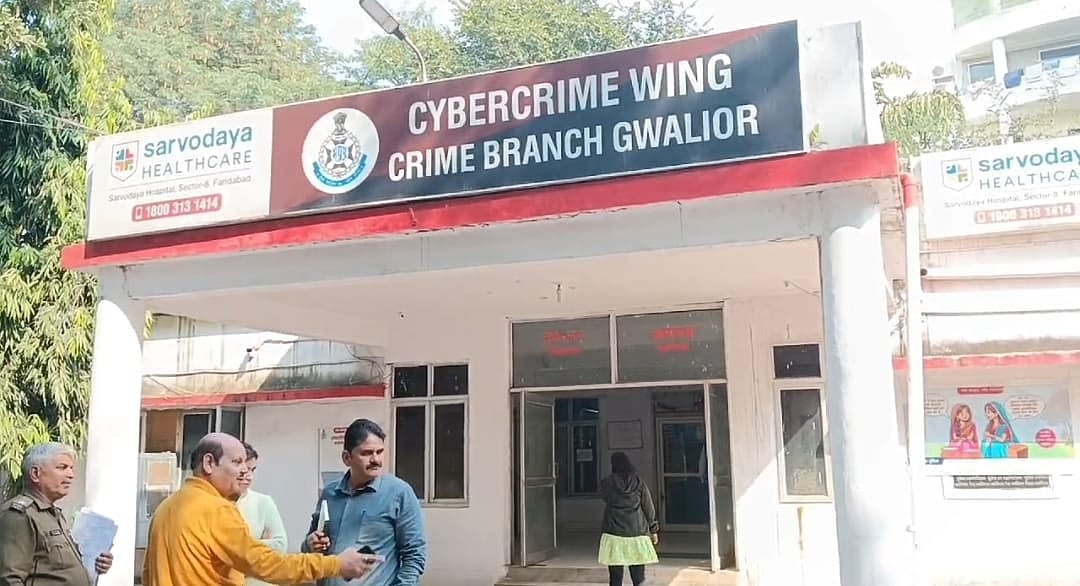Chhindwara (Madhya Pradesh): As the state gears up for the upcoming assembly elections, Congress leader Kamal Nath organised a four-day religious event in Bagheshwar Dham, which concludes on Monday.
The last day of the event features the recitation of Pandit Dhirendra Krishna Shastri.
During the event, Pandit Dhirendra Shastri emphasized the need to unite people beyond caste divisions and keep politics at a distance.
He urged everyone to transcend the barriers of caste practices and emphasized that they all are equal.
Addressing the crowd, he said, "I am not a political person, keep me away from it. We should distance ourselves from politics. Our resolve is being fulfilled, whether it's related to Lord Balaji or Lord Ram."

Shastri also addressed the issue of the Ayodhya Ram, Mandir dispute, stating, "Stop saying that Ayodhya doesn't belong to Muslims; it's Lord Shiva's temple. This issue is causing unfortunate divisions among the people."
Regarding the recent violence in Nuh, he expressed concern, stating that it's unfortunate that incidents like this are happening in the country.
He urged people to wake up and take action against such occurrences.
Shastri reached Chhindwara where he was welcomed by Chhindwara MP and Kamal Nath's son Nakul Nath. Kamal Nath welcomed Shastri at his residence in a traditional manner offering tilak on his forehead head and flowers.
Today is the final day of Pandit Dhirendra Shastri's recitation.
The event witnessed a large number of devotees, including Chhindwara MP Nakul Nath and his wife Priya Nath, who were present to listen to the Ramayana tale.
Scindia took a dig at Kamal Nath
In a subtle dig at Kamal Nath Union Minister Jyotiraditya Scindia remarked, "As elections draw near, the trend of hosting discourses seems to resurface."
He further elaborated, "The invitation extends to all when elections loom on the horizon. Yet, preceding the polls, the same individuals are often seen raising critical questions and making disparaging remarks about these very gatherings. Interestingly, post-elections, the focus on such religious activities tends to dissipate."












